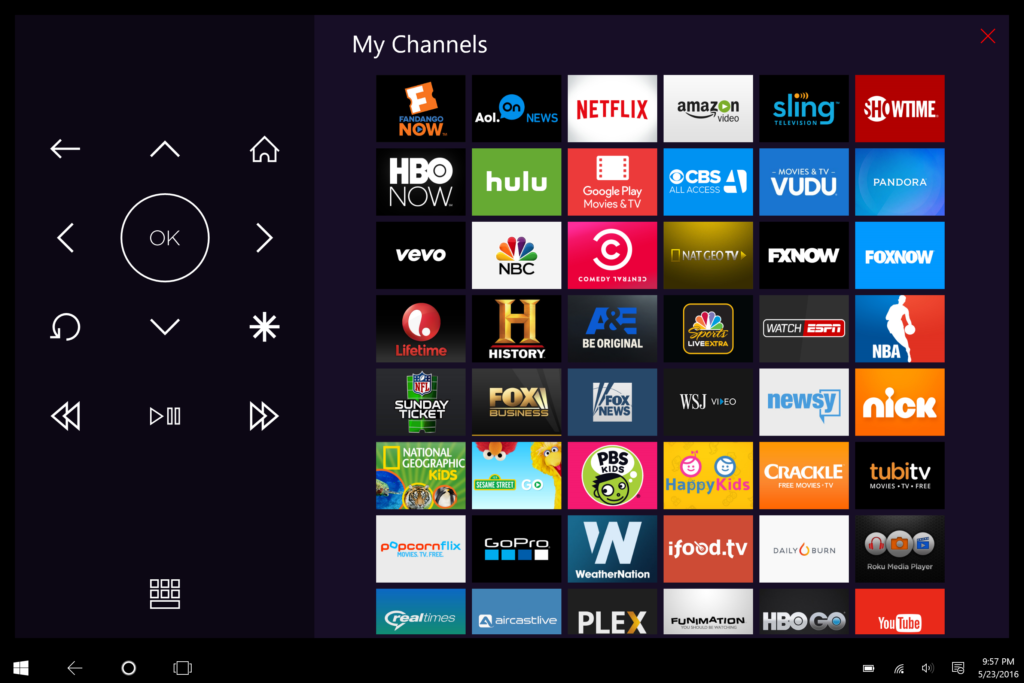
Roku Fights a Copyright Infringement Ban in Mexico
- Roku faces copyright infringement ban, and this time it’s Mexico to close its doors.
- Roku has effectively responded to the ban and taken all the necessary steps to fight it back.
- Mexico Telecommunications Law Institute suggests the streaming platform follow the example set by Apple TV.
With its 21 million users, Roku isn't a small player that can be easily eliminated from the market. As per its official website, it is currently present in 23 countries and associated with more than 45,000 channels. Until recently, the main source to obtain pirated content was through individual personal computers, which is now subsequently followed by the latest streaming set-up devices.
It is apparent from the recent history that piracy allegations are mainly focused on Kodi-enabled android devices, due to which the other streaming boxes are also coming under the investigation. While these devices chiefly focus on legal sources such as Netflix, Hulu, Amazon Prime; there is also a possibility of streaming illegal content due to its wide capabilities. This was proved by the last year’s ban on Roku by the Superior Court of Justice of the city of Mexico. The ban was the result of a complaint by the Cablevision against the streaming platform to offer unlicensed content via its platform.
Roku didn’t stay quite to this ban, and improved their piracy policies and also assembled an anti-piracy team against it. Since then, they have also started flashing warnings on the third-party channels. This warning extended to all the channels that are not included in the official Roku Store. Not only this, the platform's intention to upturn the ban can be discerned by its recent press conference (May 23, 2018) with Mexican Journalists who were personally invited to the Roku’s Silicon Valley's headquarter.
Anthony Wood, CEO of Roku and Marketing Director Matthew Anderson, paid a visit to Mexico City to build bridges between their company and Mexico’s Telecommunications Law Institute (IDET). Torrent Freak reported in one of their articles on June 23rd that this was a calculated step to sway public opinion in favor of the streaming platform, and exert some pressure on the judiciary.
IDET believes that Roku’s visit was a step to influence the judges who are reviewing the ban case in Mexico. IDET is chiefly concerned about the country and believes that Mexico is still in an infant stage when it comes to intellectual property rights, despite its acceptance that piracy is indeed a very strong problem. Roku denies the interpretation by IDET and says that their primary aim behind the visit was to introduce Mexico to its business and inform the public about their new countermeasures against copyright infringing content.
The streaming platform further commented that their invitation to Mexican journalists was to expand their message against piracy and promote their platform as a reliable stage. In the conference, journalists were also introduced to the history of Roku in the streaming market, and the latest anti-piracy measures that the company has implemented in Mexico and around the world.
Roku and IDET both have a common goal but different opinions on how to handle the infringing content on the platform. IDET says that if Apple and Google can prevent piracy on their platform, then so can others. This fight will only resolve if the platforms invest in the right technology and appropriate software.
We at Technadu, hope that the conflict between IDET and Roku gets resolved and users can come back on the platform.
Do you have any suggestions on how the tension between Roku and IDETS can be resolved? Do let us know in the comments. Get instant updates on TechNadu’s Facebook page, or Twitter handle.







